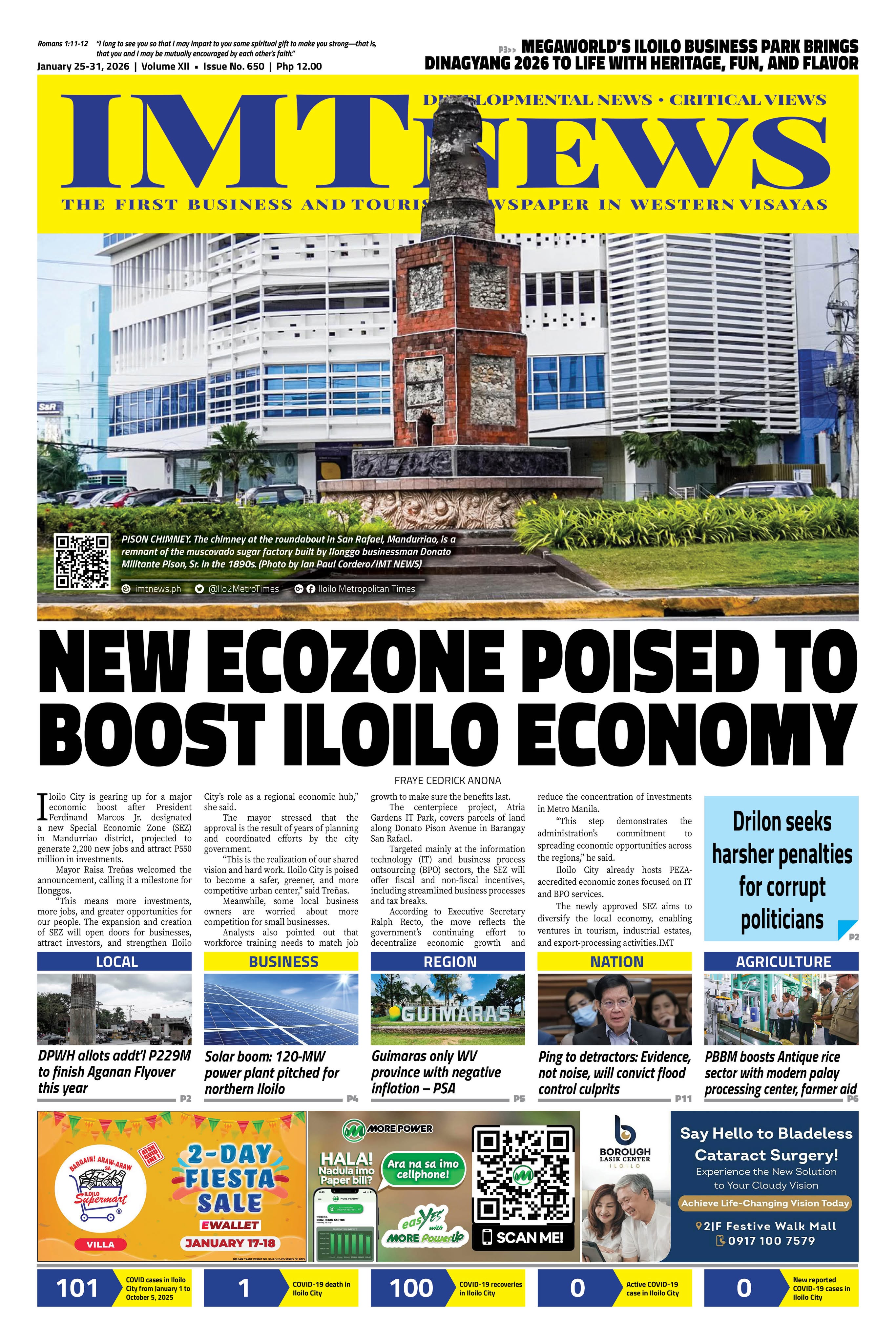Starting September 11, Filipinos in crisis will no longer juggle dozens of hotlines—just one: 911.
The Department of the Interior and Local Government (DILG) announced the nationwide rollout of Unified 911, a single emergency hotline designed to replace more than 30 fragmented numbers.
The reform fulfills President Ferdinand R. Marcos Jr.’s directive under Bagong Pilipinas to strengthen family and community safety.
For years, uneven and confusing hotlines slowed down rescue efforts. Now, whether the emergency involves police, fire, medical, jail, or disaster response, calls will flow through a central network linking the Philippine National Police (PNP), Bureau of Fire Protection (BFP), Bureau of Jail Management and Penology (BJPM), and local governments.
“Unified 911 should not just be a hotline. It is a lifeline,” stressed DILG Secretary Jonvic Remulla. “Every second matters, every call matters, every life matters. This is government making sure that help will always be within reach.”
The service is free, 24/7, and language-sensitive, with operators trained to take calls in Tagalog, Cebuano, Ilocano, Waray, Tausug, and other local languages.
The target: five-minute response time, and one assurance to every caller—“Help is on the way.”
The DILG said Unified 911 is more than a technical fix. It is a symbol of trust: that in every home, street, and barangay, Filipinos can count on one number and one promise—that when danger strikes, the government will respond.IMT







